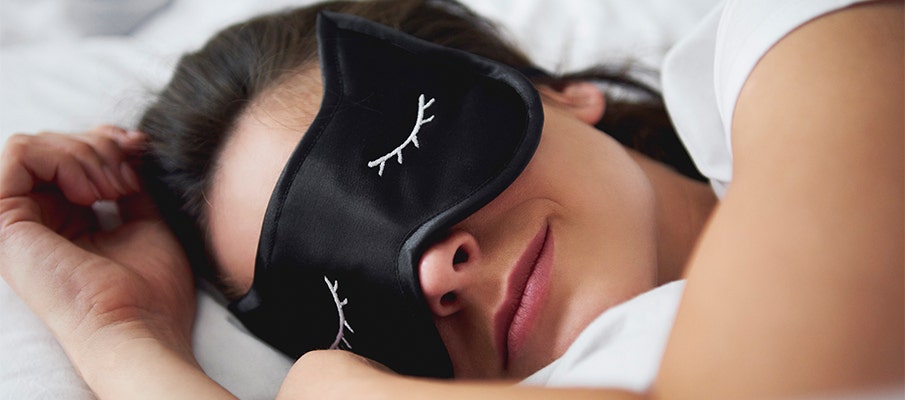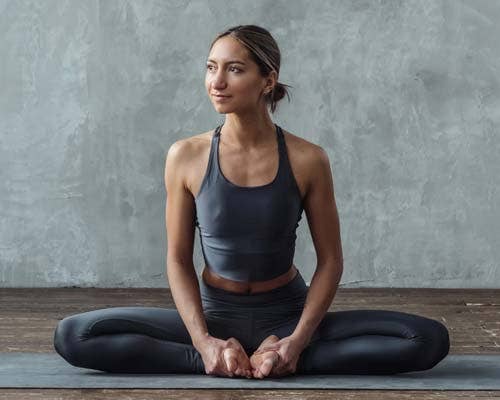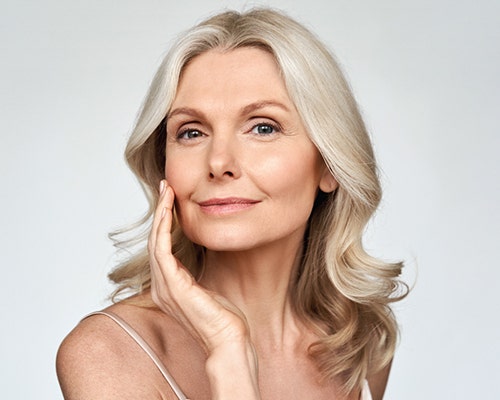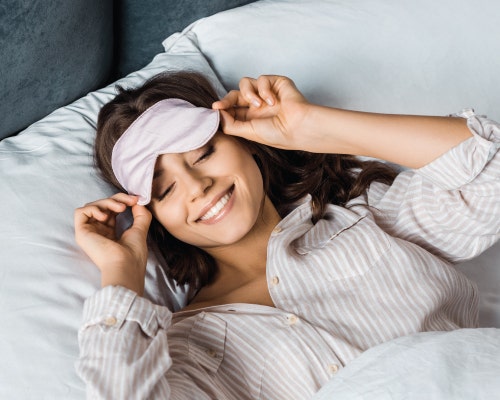Unveiling the Science of Beauty Sleep: Exploring Its Impact on Appearance
- 5/3/24


When someone says “I need my beauty sleep”, they’re typically referring to the physical and mental rejuvenation a good night of rest can provide. The idea of beauty sleep has historical roots, with ancient civilizations regarding restorative sleep as a necessity for appearance and health.
Being well-rested is thought to contribute to radiant energy, brighter eyes, and a more youthful complexion. We’re covering the science behind beauty sleep, including how you can set yourself up for better restfulness at night.
The Science of Beauty Sleep
While “beauty sleep” is a surface-level term, there is scientific evidence behind the association between sleep duration and quality and physical appearance. Sleep is a physiological requirement for our ability to function every day and to support our long-term health.
It’s also a time for the body and brain to repair, rejuvenate, and replenish. For example, during deeper sleep, like rapid eye movement (REM) sleep, your body undergoes cellular repair, collagen production, and the release of growth hormones.
Finally, getting enough sleep helps support your body’s response to inflammation and oxidative stress. All of these things help support the health and vitality of skin, hair, and other tissues, which may manifest as a brighter appearance in the morning.
Sleep and Facial Appearance
Over time, not getting enough sleep can cause physical changes in appearance. Changes that manifest in your face may be the most prominent since this is the part of your body that you (and others) generally notice first. For instance, poor sleep — especially when it’s ongoing — can lead to puffiness, under-eye bags, and overall droopiness in your face.
Furthermore, there’s a cultural perception that a lack of sleep has negative effects on attractiveness. For instance, in one older study, 23 healthy albeit sleep-deprived adults were photographed after 8 hours of normal sleep and after 31 hours of being fully awake following a night of poor sleep.
Their photos were rated for perceived health, attractiveness, and tiredness by 65 untrained adult observers. Overall, poorly rested people were rated as being less healthy and less attractive compared with when they were well rested.
Practical Tips for Better Beauty Sleep
Experts recommend adults get at least 7-9 hours of quality sleep each night. One night of poor sleep isn’t going to have long-term effects. However, it’s important to look at your overall sleep pattern and identify areas where improvements can be made.
If you’re in a position to improve your sleep hygiene practices, here are some practical tips:
- Establish a consistent sleep schedule: Going to bed and waking up at the same time every day can help regulate your body’s internal clock, promoting more restful sleep.
- Create a relaxing bedtime routine: This might include reading a book, taking a warm bath, or practicing techniques like meditation or deep breathing to signal to your body that it’s time to unwind.
- Design a sleep-promoting environment: Keep your bedroom dark, quiet, and cool, and use things to promote comfort, like layered bedding, a supportive mattress, and a fan or white noise machine.
- Avoid stimulation close to bed: Blue light emitted from screens can disrupt melatonin production, making it harder to fall asleep. Avoid caffeine and heavy meals before you lay down.
- Add a sleep supplement: In addition to eating a healthy diet, consider supplemental nutrients that may benefit sleep. For example, Formulated Magnesium Gummies offers 400 mg of magnesium per 4 gummies. Some research suggests an association between adequate magnesium and better sleep patterns; likewise, an association between low magnesium levels and trouble sleeping.
Is beauty sleep a real thing? Evidence points to yes. There’s a scientific association between sleep quality, duration, and physical appearance. Improving your sleep can help support your overall wellness and energy, as well as the radiance of your skin.
References
-
Brinkman JE, Reddy V, Sharma S. Physiology of Sleep. [Updated 2023 Apr 3]. In: StatPearls [Internet]. Treasure Island (FL): StatPearls Publishing; 2024 Jan-. Available from: https://www.ncbi.nlm.nih.gov/books/NBK482512/
-
Jang SI, Lee M, Han J, et al. A study of skin characteristics with long-term sleep restriction in Korean women in their 40s. Skin Res Technol. 2020;26(2):193-199. doi:10.1111/srt.12797
-
Axelsson J, Sundelin T, Ingre M, Van Someren EJ, Olsson A, Lekander M. Beauty sleep: experimental study on the perceived health and attractiveness of sleep deprived people. BMJ. 2010;341:c6614. Published 2010 Dec 14. doi:10.1136/bmj.c6614
-
Arab A, Rafie N, Amani R, Shirani F. The Role of Magnesium in Sleep Health: a Systematic Review of Available Literature. Biol Trace Elem Res. 2023;201(1):121-128. doi:10.1007/s12011-022-03162-1
-
Silvani MI, Werder R, Perret C. The influence of blue light on sleep, performance and wellbeing in young adults: A systematic review. Front Physiol. 2022;13:943108. Published 2022 Aug 16. doi:10.3389/fphys.2022.943108
-
Arab A, Rafie N, Amani R, Shirani F. The Role of Magnesium in Sleep Health: a Systematic Review of Available Literature. Biol Trace Elem Res. 2023;201(1):121-128. doi:10.1007/s12011-022-03162-1





